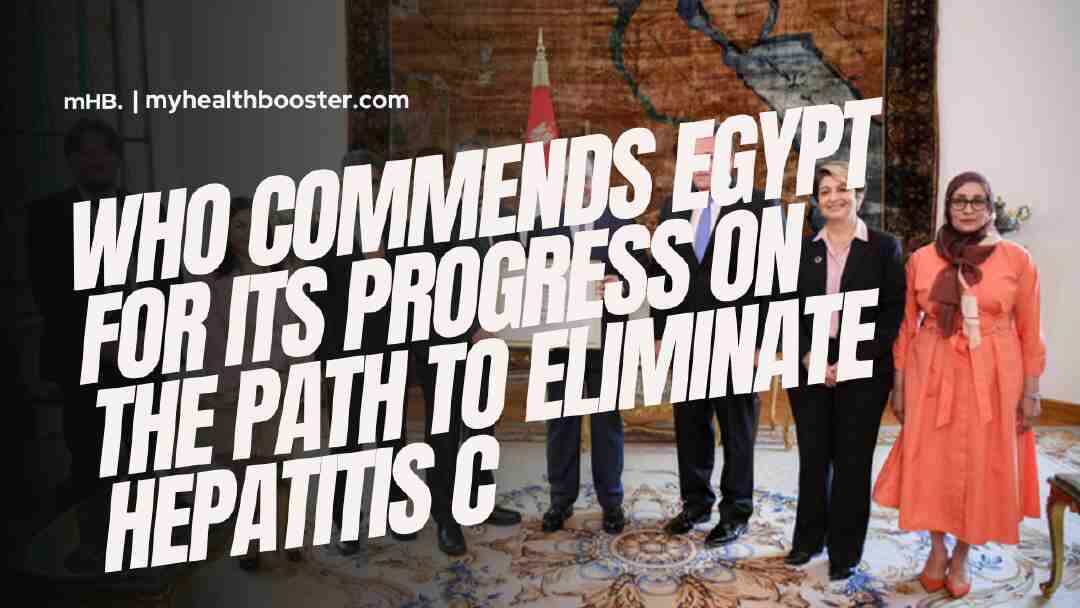In a historic achievement, the Arab Republic of Egypt has attained the coveted “gold tier” status on the path to eliminating hepatitis C, as per the stringent criteria set by the World Health Organization (WHO). This remarkable feat signifies that Egypt has diligently met WHO’s programmatic coverage benchmarks, positioning the nation to reach the crucial milestones of reduced incidence and mortality on the path to full elimination by 2030.
The WHO extends its wholehearted commendation to Egypt for this momentous accomplishment.
Dr. Tedros Adhanom Ghebreyesus, WHO Director-General, lauds Egypt’s extraordinary journey, transforming from having one of the highest hepatitis C infection rates globally to being on track for elimination in less than a decade. He hails Egypt as a beacon of hope and an exemplary model for the world, demonstrating the potential of modern tools and resolute political commitment at the highest level to prevent infections and save lives.
The WHO warmly acknowledges the unwavering dedication of Egypt’s Ministry of Health and Population to maintain robust screening, care, and treatment services for individuals affected by hepatitis C. Egypt’s nationwide “100 million seha” campaign, symbolizing a commitment to 100 million healthy lives, has yielded astonishing results. To date, this campaign has conducted screenings for over 60 million people and provided treatment to more than 4 million individuals. As a result, Egypt has dramatically reduced the incidence of new infections from 300 per 100,000 in 2014 to a remarkable 9 per 100,000 in 2022. This achievement brings Egypt tantalizingly close to the ultimate goal of hepatitis C elimination, targeting fewer than 5 new cases per 100,000 annually and a similar decrease in hepatitis-related fatalities.
Dr. Meg Doherty, WHO’s Director of Global HIV, Hepatitis, and STI Programmes, underscores Egypt’s status as a beacon of inspiration for countries worldwide striving to eliminate hepatitis C, hepatitis B, or mother-to-child transmission of hepatitis B. She emphasizes that Egypt’s accomplishments are within the reach of many nations provided they follow Egypt’s lead, employ the available tools, and secure unwavering political commitment. However, Dr. Doherty cautions against complacency, emphasizing that Egypt and other nations must sustain and intensify their efforts to achieve full elimination by 2023. WHO pledges unwavering support to Egypt throughout this journey.
WHO has also released its second and updated version of the Guidance for country validation of viral hepatitis elimination and path to elimination. Through the validation process, WHO and its partners continue to provide crucial support to countries, enhancing health system capacity and delivering patient-centered services while upholding the human rights of individuals living with viral hepatitis. This approach ensures meaningful community engagement in the global fight against viral hepatitis on national, regional, and global fronts.
